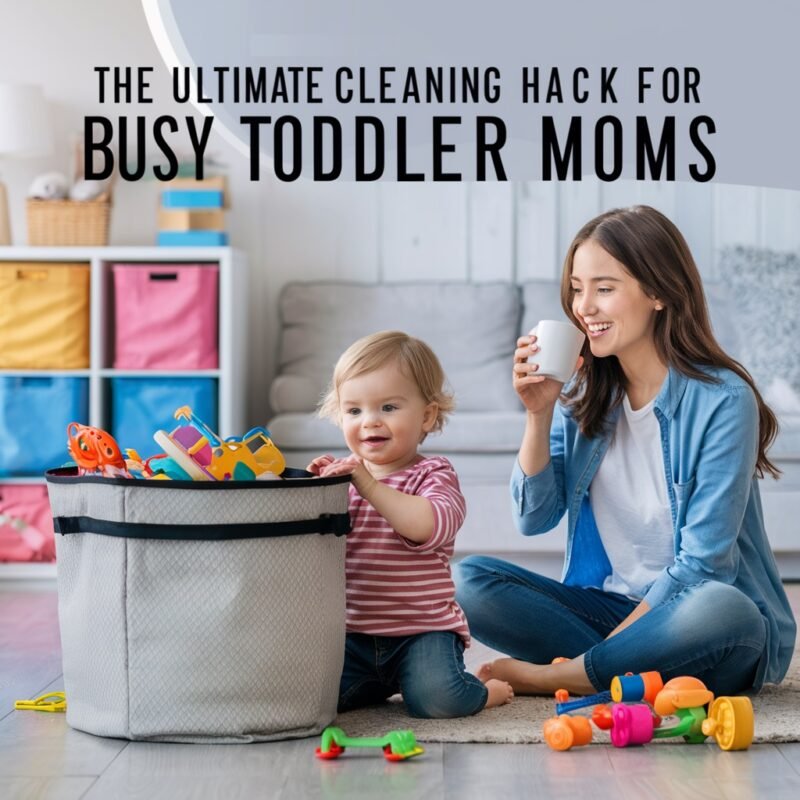Becoming a First-time mom is an incredible and transformative experience, but it can also be overwhelming and stressful. New moms often find themselves inundated with advice, opinions, and comments from well-meaning friends, family members, and even strangers. While the intention behind these remarks is usually positive, they can sometimes be more harmful than helpful. Here are some things you should avoid saying to a first-time mom, along with some tips on how to offer genuine support instead.
Things to Stop Telling a First-Time Mom
1. Comments About Breastfeeding Choices
Breastfeeding is a deeply personal decision that each mother makes based on her unique circumstances and preferences. Saying things like, “Breast is best” or “Formula feeding isn’t as healthy” can be incredibly hurtful and make a new mom feel judged or inadequate.
Instead, support her choices by saying, “You’re doing an amazing job feeding your baby.” Remember, the most important thing is that the baby is fed, loved, and cared for, regardless of the method.
2. Pressure About Having More Children
Questions or comments about having more children, such as, “When are you going to have another one?” or “Don’t you want your baby to have a sibling?” can be intrusive and stressful for new moms. They are often still adjusting to their current situation and may not be ready to think about expanding their family.
Support her by focusing on the present. Say things like, “Your baby is so lucky to have you” or “You’re doing great with your little one.” This reinforces her current role without adding pressure about the future.
3. Unsolicited Parenting Advice
New moms are bombarded with advice from all directions, much of which is unsolicited and conflicting. Telling a first-time mom how to raise her child can undermine her confidence and make her feel like she’s not doing enough.
Instead, offer support by listening and validating her experiences. If she asks for advice, share it gently and respectfully. For example, you can say, “I’ve been through something similar, and here’s what worked for me,” but always respect her right to make her own decisions.
4. Criticisms About Her Baby’s Milestones
Every baby develops at their own pace, and comparing a new mom’s baby to others can create unnecessary anxiety. Avoid saying things like, “Isn’t your baby walking yet?” or “My child was talking at that age.”
Celebrate her baby’s achievements, no matter how small they may seem. Say things like, “Wow, your baby is growing so fast!” or “What a wonderful milestone!” This helps build her confidence and acknowledges her child’s unique development.
5. Comments on Her Postpartum Body
Postpartum bodies undergo significant changes, and comments about a new mom’s appearance, even if well-intentioned, can be hurtful. Avoid saying things like, “You haven’t lost the baby weight yet?” or “You look tired.”
Focus on positive and supportive comments. You can say, “You look amazing!” or “You’re doing such a great job as a mom.” Complimenting her on her strength and resilience is far more meaningful than commenting on her appearance.
6. Judgments About Her Parenting Style
Every mother has her own approach to parenting, and what works for one family might not work for another. Criticizing a new mom’s choices, whether it’s about sleep training, discipline, or any other aspect of parenting, can be discouraging and unhelpful.
Instead, offer encouragement and respect her choices. Say things like, “You’re making the best decisions for your family” or “It’s clear how much you love and care for your baby.” This reinforces her confidence in her parenting abilities.
7. Overloading Her with Horror Stories
Sharing negative birth or parenting stories can create fear and anxiety for a new mom who is already dealing with the unknown. Avoid recounting traumatic experiences or worst-case scenarios unless she specifically asks for such stories.
Provide positive reinforcement and share uplifting stories instead. Say things like, “Every mom has her own journey, and you’re doing great” or “I’m here for you if you need anything.” This creates a supportive environment where she feels safe and reassured.
8. Expecting Her to Have All the Answers
First-time moms are often learning as they go and might not have all the answers right away. Avoid putting pressure on her by expecting her to know everything or have everything figured out.
Offer understanding and patience. You can say, “It’s okay not to have all the answers right now” or “You’re doing your best, and that’s what matters.” Remind her that motherhood is a learning process and it’s okay to ask for help.
9. Assuming She’s Not Struggling
Just because a new mom appears to be handling everything well doesn’t mean she’s not struggling. Avoid assuming that she doesn’t need help or support.
Reach out with genuine concern and ask how she’s doing. Say things like, “How are you really feeling?” or “Is there anything I can do to help?” Offering a listening ear and practical support can make a big difference.
10. Comparing Her Experience to Yours
Every mother’s experience is unique, and comparing her journey to yours or others’ can be unhelpful. Avoid saying things like, “When I was a new mom, I did it this way,” or “You should do it like so-and-so.”
Respect her individuality and unique circumstances. Say things like, “Every mom’s journey is different, and you’re doing great” or “Trust yourself; you know what’s best for your baby.” This affirms her confidence and autonomy as a mother.
Conclusion
Being a supportive presence for a first-time mom means respecting her decisions, offering encouragement, and avoiding judgmental or intrusive comments. By focusing on positive reinforcement and genuine support, you can help her navigate the challenges of motherhood with confidence and grace.

